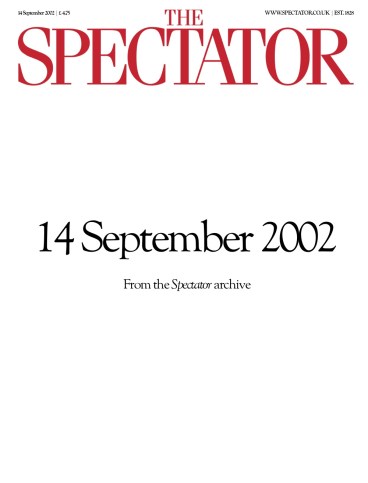A bleak kind of optimism
After several acclaimed novels, including last year’s Pulitzer prize-winning Empire Falls, Richard Russo has now produced a volume of short stories. However, the qualities which endear the novels to their readers – a wry sense of humour, vivid characterisation and the sense of lives being lived over time – are less apparent here; the shorter

